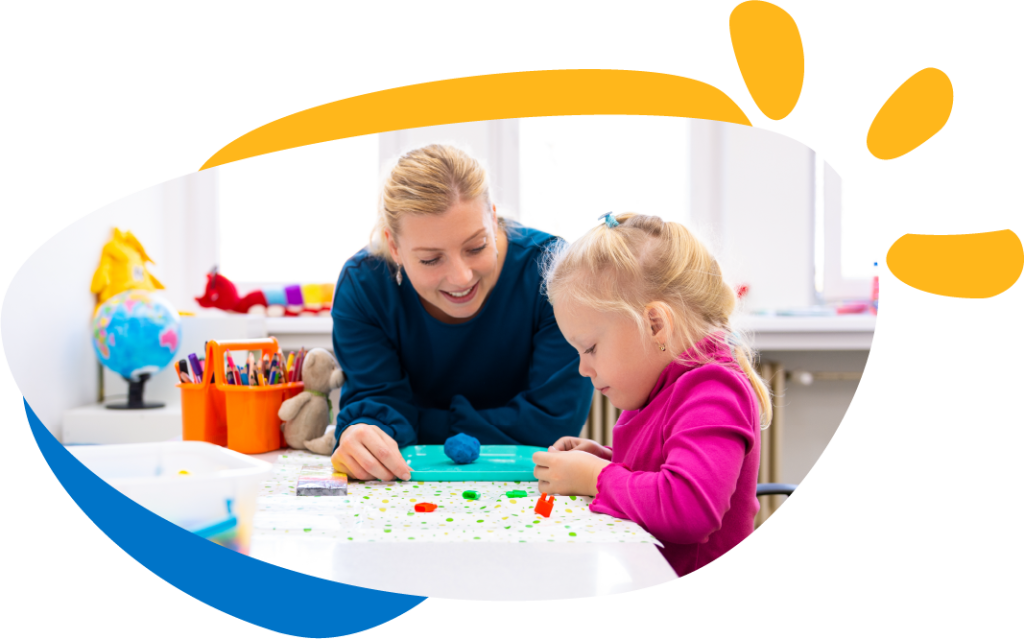

Self-regulation development occurs in the following manner:
The processes involved in self-regulation can be divided into three broad areas: sensory regulation, emotional regulation and cognitive regulation.
Self-regulation skills are linked to how well children manage many tasks during early childhood. With these skills, children are more able to manage difficult and stressful events that occur as part of life, such as the loss of a pet, death of a family member or family separation. This helps to decrease the ongoing impact of stress that can contribute to mental health difficulties.
As a child learns to self-regulate, skills such as concentrating, sharing and taking turns also develop. This enables a child to move from depending on others to beginning to manage by themselves. Most children at some stage will struggle to manage their feelings and behaviours, particularly when they are tired, hungry or facing new experiences. When this happens, they might become upset, sulky or angry. This is all part of being a young child and is not necessarily cause for concern. If however this is problematic on a regular basis and there are seemingly little reasons for a child to be displaying such behaviours it is likely to be problematic in that it will impact upon academic performance.

If a child has difficulties with self regulation they might:
When a child has self regulation difficulties, they might also have difficulties with:
Therapeutic intervention to help the child with self regulation is important to:
When children have difficulties with self regulation difficulties, they might also have difficulties with:
If your child has difficulties with self regulation, it is recommended they consult an Occupational Therapist.

We acknowledge the land on which we operate as the traditional lands of the Kaurna people, and pay our respects to the spiritual relationship with country that all Aboriginal and Torres Strait Islander peoples hold.
Kid Sense is founded on inclusion and the belief that everyone is welcome. All diversity is celebrated, encouraged, represented and supported in our staff, our clients, and our community. You are welcome here.